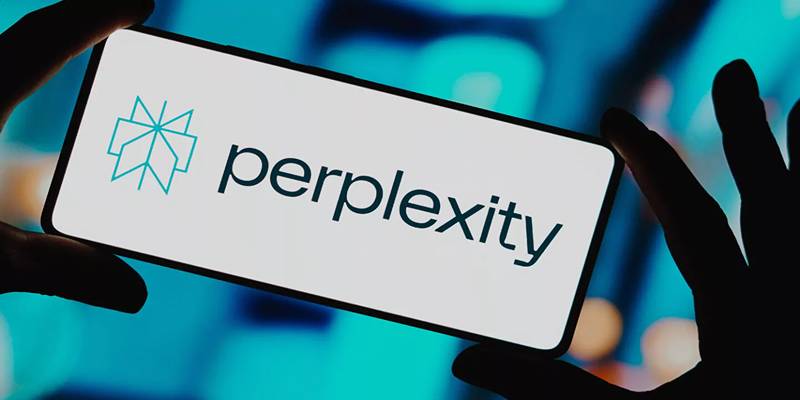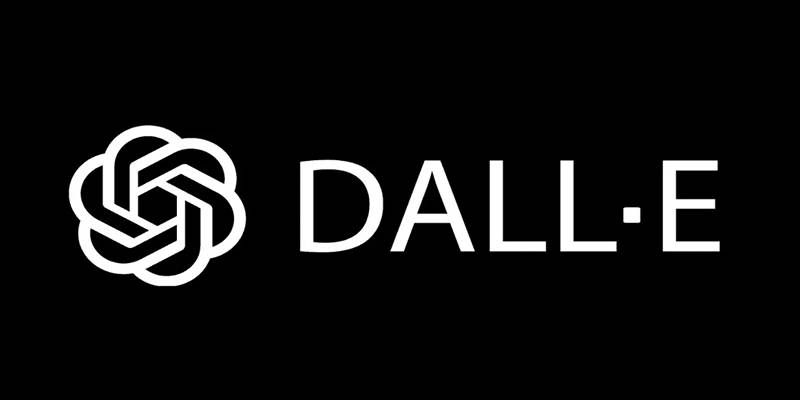Facebook operates as the globe's largest social media platform beyond its function of friend and family connection. The system utilizes modern technological frameworks and deep learning capabilities to retain users. The service functions through deep learning to support the complete 2.9 billion monthly active users who stay connected across Facebook.
What Is Deep Learning?

The artificial neural network technique which belongs to machine learning enables deep learning models to extract knowledge from extensive datasets. A technological model of human brain functioning utilizes networked layers of processing nodes to handle extensive data amounts while making advanced decisions.
How Does Deep Learning Shape Facebook’s Engagement Strategies?
Facebook uses deep learning in the following key areas to optimize engagement and deliver hyper-customized user experiences:
1. Personalized News Feeds
The news feed is the heart of Facebook, and deep learning is its lifeblood. Every time you open the app, Facebook’s deep learning algorithms analyze:
- Your likes, comments, and shares
- Posts you’ve lingered on
- Groups, pages, and people you interact with frequently
This data is fed into models that rank and prioritize content tailored specifically for you. For instance, the likelihood of you liking, commenting on, or sharing each post is weighed, and the most engaging content rises to the top.
Real-World Example
Facebook uses a reinforcement learning system called “Deep Learning Recommendation Model” (DLRM) to serve you content in real time. DLRM constantly refines and updates its recommendations to ensure your feed feels fresh and engaging.
2. Targeted Advertising
One of Facebook’s biggest revenue streams is its advertising platform, and deep learning optimizes ad delivery. By analyzing your browsing behavior, interactions, and demographic information, deep learning predicts which ads will resonate most with you.
Advertisers can target users based not just on traditional metrics like age or gender, but also based on nuanced factors such as specific interests or likely purchasing decisions.
Fun Fact
Facebook’s AI tool, “FBLearner Flow,” powers its advertising algorithms. It processes trillions of data points daily to deliver targeted ads that can feel as if they’re reading your mind.
3. Facial Recognition in Photos
Have you noticed how Facebook automatically tags your friends in photos? That’s deep learning at work. Its facial recognition technology analyzes uploaded images, compares them to existing photos of your friends, and identifies people with stunning accuracy.
The company’s deep learning model, DeepFace, has achieved a 97% accuracy rate, rivaling human-level performance in identifying faces.
Privacy Considerations
While facial recognition boosts engagement by tagging friends faster, it’s also sparked privacy concerns. Facebook has made strides toward addressing these concerns by providing users with more control over tagging and recognition features.
4. Content Moderation
To create a safe and enjoyable user experience, Facebook relies heavily on deep learning for content moderation. Its AI models scan billions of posts, photos, and videos daily, identifying and removing harmful content such as hate speech, nudity, and spam.
Example
Deep learning models process natural language to detect policy-violating content in real-time. For images and videos, computer vision techniques identify inappropriate elements—even in live streams.
5. Enhanced Video Recommendations
Ever found yourself binge-watching videos on Facebook Watch? Deep learning powers this experience. It takes note of your viewing habits—not just “likes” or “shares” but also how long you watch each video, when you pause, or whether you re-watch clips.
The system uses this data to recommend similar content, ensuring you stay hooked.
6. Language Translation and Global Accessibility
Facebook connects people worldwide, regardless of language barriers. Deep learning models like “M2M-100” translate posts, comments, and messages seamlessly into 100+ languages. Unlike traditional translation systems, which rely on English as an intermediary, these models translate directly between languages, improving accuracy and speed.
This technology ensures Facebook remains accessible to its global user base, fostering inclusion and engagement across borders.
7. Augmented Reality (AR) & Filters
From playful face filters to immersive AR experiences, Facebook leverages deep learning to enhance user creativity. Its AR platform, Spark AR, empowers users to create interactive visual effects, boosting engagement through fun, shareable content.
The Impact of Deep Learning on User Engagement
Facebook’s strategic use of deep learning yields these key results:
- Personalized Experiences: Every user sees a unique version of Facebook tailored to their interests.
- Longer Engagement Times: With relevant content and features, users spend more time on the platform.
- Higher Ad Efficacy: By showing the right ads to the right people, advertisers see higher returns, and users view ads they find relevant.
- Community Building: Features like facial recognition and translation make it easier to connect with friends and communities.
Challenges and Ethical Considerations of Deep Learning at Facebook
While deep learning significantly enhances engagement, it’s not without challenges:
1. Data Privacy
Facebook’s deep learning models rely on vast amounts of user data. This raises concerns about how data is collected, stored, and used. Transparency and robust privacy policies are critical to maintaining user trust.
2. Algorithmic Bias
Deep learning models reflect the biases present in the data they are trained on. Facebook faces ongoing scrutiny to ensure its models are fair and do not perpetuate existing inequalities.
3. Addictive Design
Designing algorithms to maximize user engagement often leads to criticism that tech platforms encourage addictive behaviors. Facebook must strike a balance between keeping users engaged and promoting healthier digital habits.
4. Misinformation
The same algorithms that personalize feeds can also inadvertently amplify misinformation or divisive content. Facebook continues to improve its deep learning systems to identify and demote such content proactively.
How Deep Learning Shapes Facebook’s Future

As deep learning continues to shape the way Facebook operates, the company has made strides towards creating a safer and more positive environment for its users. By leveraging this technology, Facebook can better understand and respond to user behaviors in real-time, leading to improvements in content moderation, personalization, and user engagement.
One area where deep learning has had a significant impact is in content moderation. Facebook's algorithms have become increasingly sophisticated at detecting and removing harmful or inappropriate content from its platform. This includes hate speech, bullying, graphic violence, and other forms of offensive material. With the help of deep learning models, Facebook can now proactively identify and remove such content before it reaches a large audience.
Conclusion
The advancements in deep learning have revolutionised the way Facebook ensures a safer and more personalized user experience. From improving content moderation to delivering tailored recommendations, these technologies play a pivotal role in shaping the platform. However, as these systems continue to evolve, it remains crucial to address concerns such as algorithmic transparency, user privacy, and ethical usage to build a more trustworthy and inclusive digital environment.











